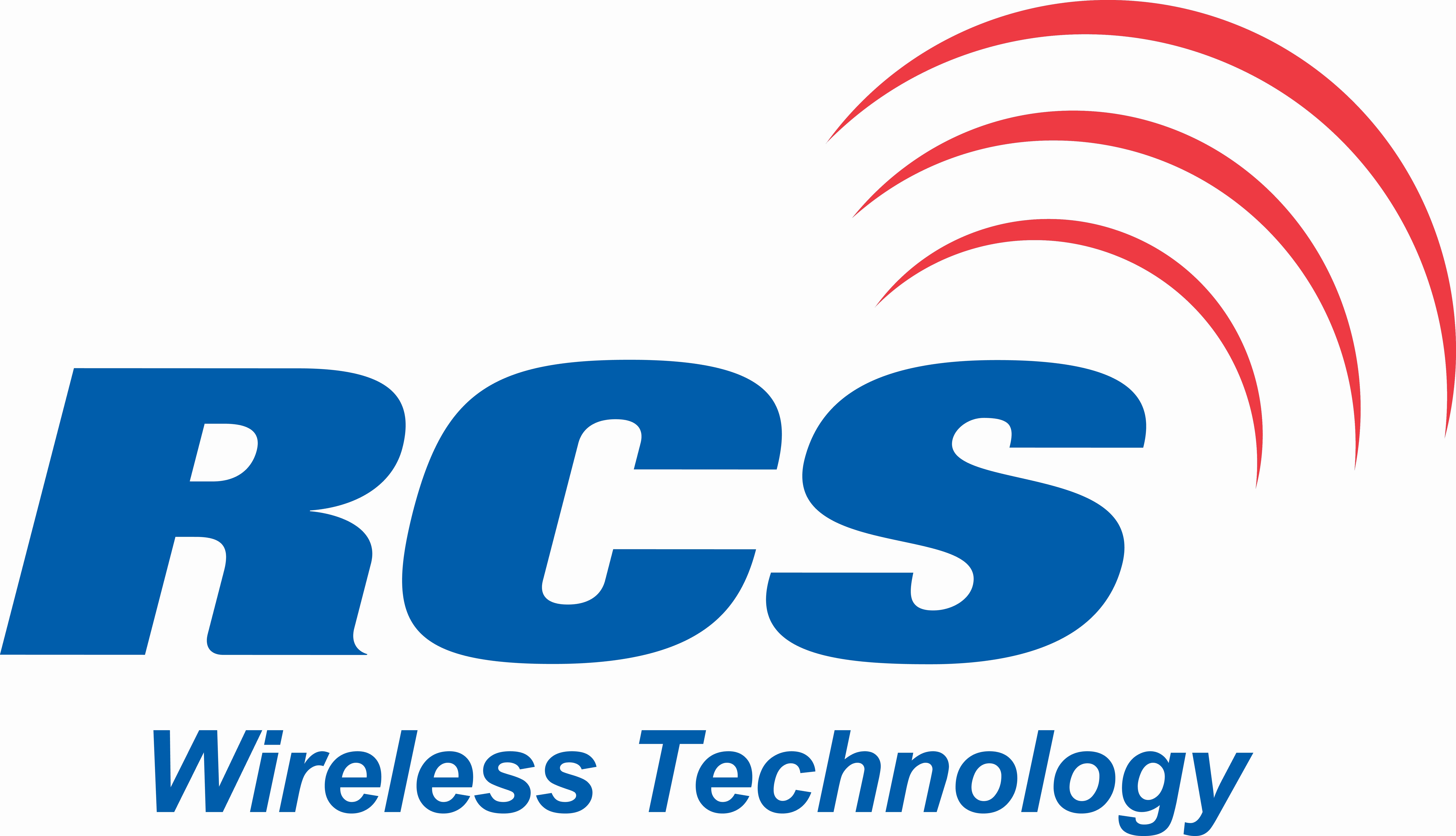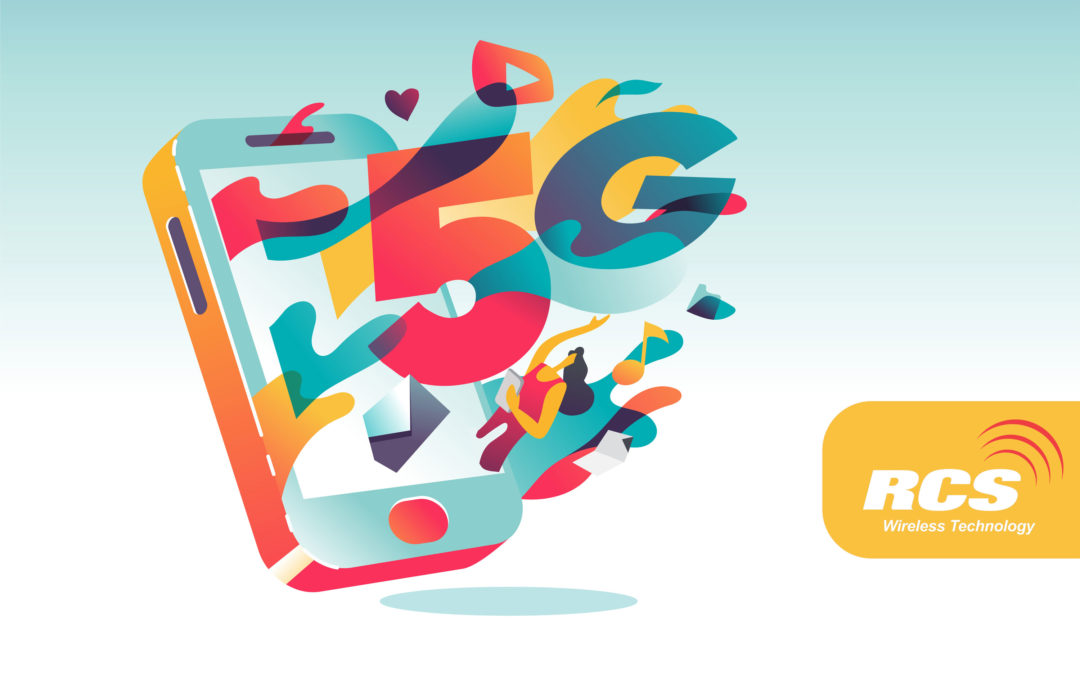5G/5GE/5GHz: What’s the difference?
It’s always exciting when new technology rolls out. Our smartphones seem smarter, computers work faster, and call quality improves. Knowing how much improvement we saw when smartphones went up to 4G, it’s only natural that many people are looking forward to the widespread integration of the long-awaited 5G network. But at the same time, there’s a lot of confusion around 5G. What exactly is 5G? Your home routers say it’s 5Ghz, so does that mean you already have it? Are 5G and 5GE one and the same?
Our experts at RCS Wireless Technology have broken it all down to help you understand the terminology, and get ready to be on top of things when the next generation is available.
What is 5G?
Depending on where you live, 5G is already available. The technology has rolled out in several big cities across the country. 5G is the next generation of cellular. The full name is 5G NR or fifth-generation new radio. This cell phone network will provide wider channels, allow devices to communicate more responsively, and have more data in each radio cycle.
The benefits of 5G are important as more and more devices are added to the network, because the wider channels will help keep service at our expected levels even as the Internet of Things (IoT) continues to grow. Things like self-driving vehicles and smart homes are all connected to the network just like our smartphones and tablets, and we all want instant access and reliable service.
In addition to the ability to carry more networked devices, other benefits of 5G that end users will see is that the faster response time will make chatting and video calls more natural. No more lag time when Facetiming with your friends!
Depending on where you live, 5G is already available. The technology has rolled out in several big cities across the country. 5G is the next generation of cellular. The full name is 5G NR or fifth-generation new radio. This cell phone network will provide wider channels, allow devices to communicate more responsively, and have more data in each radio cycle.
As with other types of next-generation technology roll-outs, in order to use the 5G cellular network you have to have a device equipped for 5G. As we move through 2020, expect to see more 5G smartphones and tablets entering the market to help consumers take advantage of the new, faster network.

The Other 5Gs
Massive MIMO technology will be installed on top of the existing 4G infrastructure. Currently, as of December 2019, Verizon and Sprint have 5G access in about 5 cities, and AT&T has it in 21 cities.
For consumers, the 5G network will make things faster, which is a nice convenience. But the improvements are immense for industries. The 5G networks decrease latency, which can eliminate lag time for emergency personnel calls and help create fully connected “smart” cities. Imagine the ability to support a network for fully autonomous vehicles.
5GHz.
With all the talk of 5G, some people might be confused about it being new when it seems like it already exists. The fact of the matter is, 5GHz does exist, but it has nothing to do with cellular service. 5GHz is 5 gigahertz, the measurement used for short-range, home networking systems. This 5 gigahertz band has been around since 1999 but became popular when released for home routers in 2009. It runs faster than the 2.4 gigahertz band but has a shorter range.
5GE.
This is the abbreviation used by AT&T for its 5G Evolution. As we mentioned above, a new generation generally means an improvement in technology that requires all new equipment. 5GE isn’t truly a next-generation iteration, instead, it’s a rebranding of AT&T’s 4GLTE Advanced network. So the 5GE does have advantages over 4G, but it’s more of a rebranding than a next-generation. According to Android Central:
“5Ge is a pretty good 4G LTE advanced signal, but not really anything more.”

